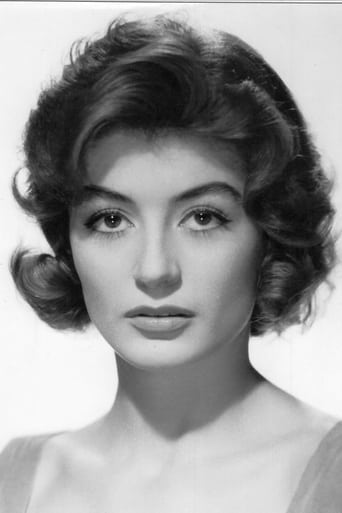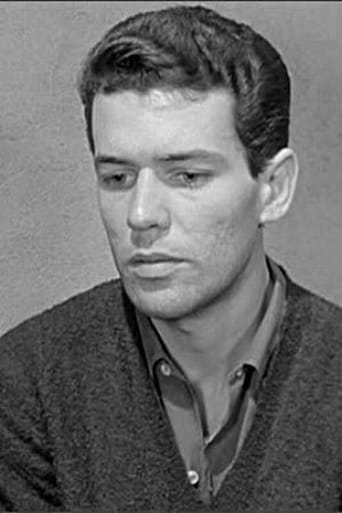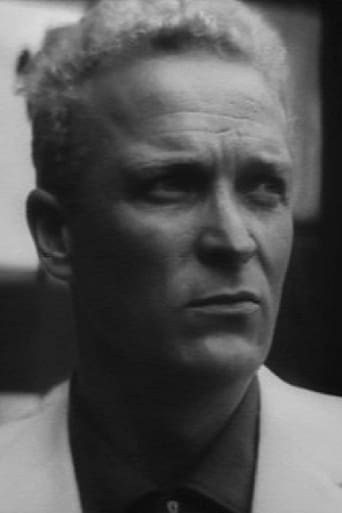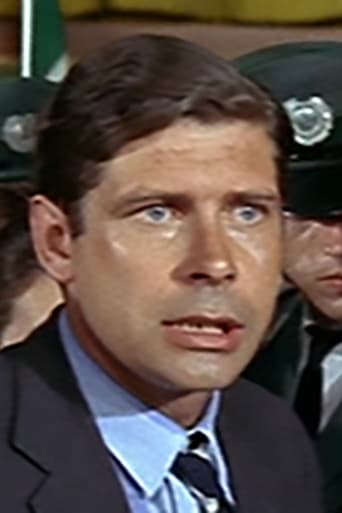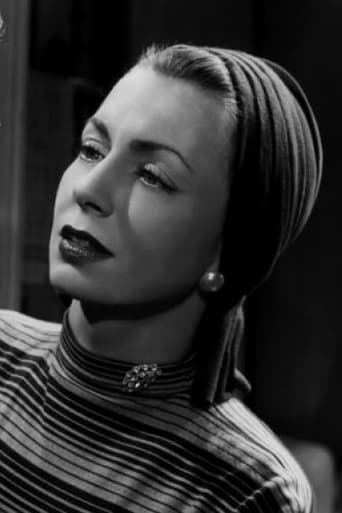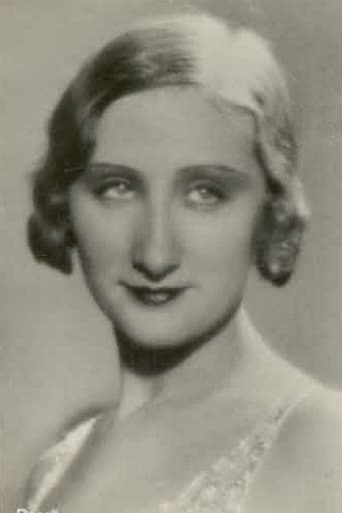Diagonaldi
Very well executed
Stometer
Save your money for something good and enjoyable
VeteranLight
I don't have all the words right now but this film is a work of art.
FuzzyTagz
If the ambition is to provide two hours of instantly forgettable, popcorn-munching escapism, it succeeds.
gavin6942
In Nantes, a bored young man named Roland is letting life pass him by when he has a chance meeting with a woman he knew in his teens: she's Lola, now a cabaret dancer. She's also the devoted single mother of a young son, and she harbors the hope that his father, who deserted her during pregnancy, will return.Demy made this film as a tribute to German director Max Ophüls and it was described by Demy as a "musical without music". One can certainly see its musical qualities (and it is no surprise that Demy would go on to be known for musicals). The names of the film and title character were inspired by Josef von Sternberg's 1930 film Der blaue Engel, in which Marlene Dietrich played a burlesque performer named "Lola Lola." We also see how skilled Demy was with black and white. Now he is known not just for musicals, but for intense color. That is all but absent here (and in "Bay of Angels"), but still his light shines.
Jackson Booth-Millard
Before musical film The Umbrellas of Cherbourg, its director Jacques Demy (The Young Girls of Rochefort) made this French film, so it was only right I saw the predecessor film, also in the book 1001 Movies You Must See Before You Die. Basically in the Atlantic coastal city of Nantes, France, until a chance encounter young man Roland Cassard (Marc Michel) (he returned as the same character in The Umbrellas of Cherbourg), he meets a woman he knew previously as a teenager before World War II, now cabaret dancer Lola (BAFTA nominated Anouk Aimée). Though he has feelings for her, she is trying to reconnect with the man who abandoned her and her seven year old son years ago, her former lover Michel (Jacques Harden), but she also has the attention of American sailor Frankie (Alan Scott), but he is failing to win her heart as she does not share the same feelings for him. Unable to find work in the city Roland resorts to crime and gets involved in a plot with the local barber to smuggle diamonds, and he later crosses paths with teenage girl Cécile Desnoyers (Annie Duperoux), she is very similar in her life to Lola, who coincidentally shares the same real first name. Michel, apparently now very successful, returns to Nantes hoping to marry Lola, but she is leaving for Marseille for another job, Roland is also leaving town for his reasons, they do not cross paths again. Also starring Elina Labourdette as Madame Desnoyers, Margo Lion as Jeanne, Michel's Mother and Yvette Anziani as Madame Frédérique. The acting of Aimée as the innocent and bored single mother is memorable enough, and Michel as the character I remember from the follow up film was almost as charming as he becomes later, the story was a little slow and hard for me to keep up with a little, and I didn't laugh all that much, but the satirical and realistic 1930's setting and imagery is great, I prefer the follow up more, but this is a watchable romantic comedy drama. It was nominated the BAFTA for Best Film from any Source. Very good!
writers_reign
Having heard and read little but lavish praise for this early Jacques Demy entry it was perhaps inevitable that, seeing it for the first time some 43 years after its initial release I would be disappointed. By pure coincidence I had seen exactly one week earlier the now 72 year old Anouk Aimee playing Yvan Attal's mother in a current crowd-pleaser in Paris and it maybe this first-hand and arguably cruel knowledge of how Time deals with the most beautiful of actresses coloured my impressions. There is little radically wrong in this story of missed opportunities and ships-that-pass-in-the-night encounters augmented by a romantic score by Michel Legrand in which he auditions one of the main themes of Les Parapluies de Cherbourg (in the English translation the theme became 'Watch What Happens') which lay some three years in the future. All hands turn in decent enough performances from Anouk (as she was known in her early British films like 'The Golden Salamander') herself through Marc Michel's Roland Cassard, Alan Scott's Frankie and especially Elina Labourdette's Madame Desnoyers. Demy has opted for a sort of uncompleted La Ronde style (the cinematic equivalent of theatre-in-the-half-round) in which characters meet or else just MISS meeting, separate and meet someone else who will, sooner or later, explore the six degrees of separation theory. It's more than possible that had I seen this on its release I would be taking at least one turn around the block on the Hosanna bandwagon but as it stands I rate it a respectable 7/10
bensonj
By all means, let's give Raoul Coutard's stunning natural- light b&w scope photography a 10; the word "sublime" is not out of place for his work here. And the music of Legrand deserves a 7, perhaps. But Demy's script and direction?--not more than a 3. Godard combined his own talents with those of Coutard and Legrand to create a masterpiece, VIVRE SA VIE; but without Coutard and Legrand, Demy's film would be nothing. I recalled this as a striking visual treat from a 1964 viewing, but otherwise drew a blank. Now, seeing it again, it's easy to understand why. What else is there to remember? Demy's characters are colorless and shallow. The story is aimless and lazily structured. There's none of the bite of Ophuls (to whom the film is dedicated). And the slow motion sequence is derivative and embarrassing.One of the most annoying aspects of the film is the apparent total post-recorded dialogue. The dialogue has the same flat studio tonality whether the characters are indoors or outdoors, and there's an almost total absence of sound other than dialogue and music (probably an intentional effect, but not a successful one).If this is an "escapist" film, it fails. True escapist fare must create a world and characters more beguiling than our own; but I couldn't wait to get back to the real world.


